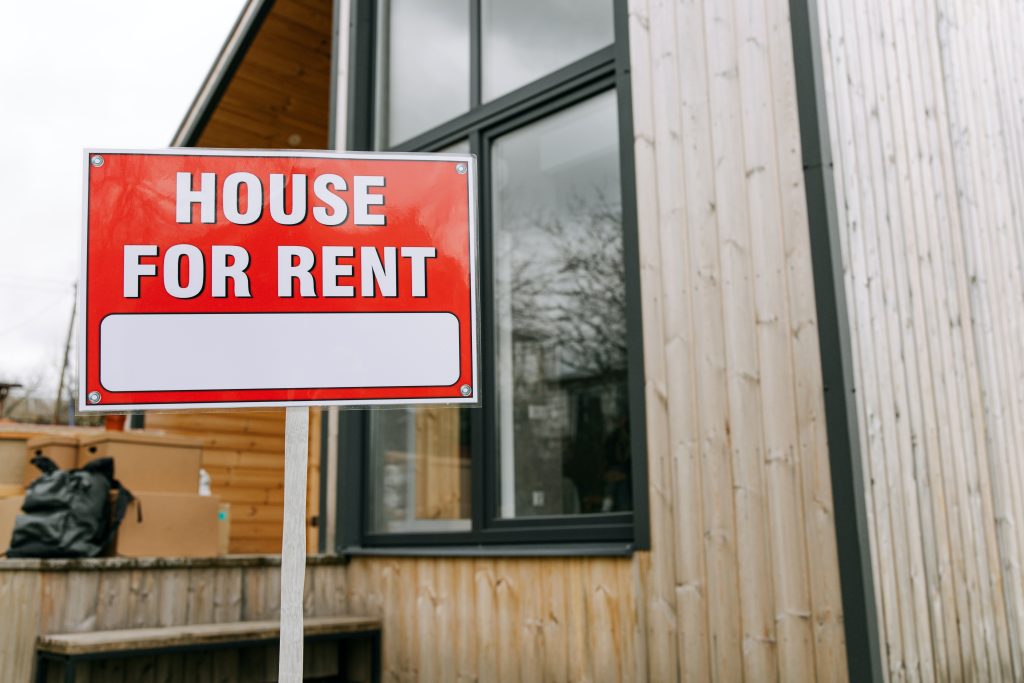
Renting vs. Buying a House: Which is the Better Choice for You?

Deciding whether to rent or buy a house is one of the most significant financial decisions you’ll ever make. Both options come with advantages and disadvantages, and what works best for you depends on your personal circumstances, lifestyle, and long-term goals.
In this blog, we’ll explore the pros and cons of both renting and buying, helping you weigh the factors that should guide your decision.
1. Financial Considerations: Upfront Costs and Long-Term Investment
Renting: Lower Upfront Costs Renting generally has lower upfront costs compared to buying a home. You’ll typically need to pay a security deposit (usually equal to one or two months’ rent) and possibly some upfront fees for things like a credit check or moving costs. After that, your only ongoing expenses are your monthly rent, utilities, and renter’s insurance.
For those without significant savings, renting can be a more accessible option. You can also avoid the financial burden of property taxes, maintenance costs, and home repairs.
Buying: Building Equity Over Time While buying a home comes with significant upfront costs—such as a down payment (usually 5–20% of the home’s price), closing costs, and ongoing expenses like maintenance—there’s a long-term benefit: building equity. Every mortgage payment you make contributes to owning your home outright, whereas rent payments only benefit your landlord.
Homeownership also provides a potential return on investment (ROI) if the property appreciates in value. Additionally, owning your home offers tax benefits, such as deductions for mortgage interest and property taxes.
Who Wins?
- Renting: If you’re focused on saving money in the short term or if your finances aren’t ready for a home purchase, renting is a better option.
- Buying: If you have the financial stability for a down payment and want to invest in a property that could increase in value over time, buying is a smarter long-term strategy.
2. Flexibility vs. Stability
Renting: Greater Flexibility Renting offers flexibility, which is a significant advantage if you’re uncertain about your future. If you expect changes in your job, personal life, or location, renting allows you to move relatively easily when your lease is up. You aren’t tied down to a specific location or property, and if your needs change—like moving closer to work or downsizing—you can act quickly.
Buying: Long-Term Stability Owning a home offers stability. Once you’ve bought a house, you’re rooted in the community and can settle in for the long haul. Homeownership also offers protection against rising rent prices. With a fixed-rate mortgage, your payments will stay consistent, providing predictability in your budget.
Who Wins?
- Renting: If your job is unstable or if you’re someone who moves frequently, renting is ideal for flexibility.
- Buying: If you’re looking to settle down in a specific area and build a life there, buying offers the stability you need.
3. Maintenance and Responsibilities
Renting: Maintenance-Free Living One of the biggest perks of renting is the freedom from maintenance and repairs. If something breaks, you call the landlord, and they handle it. There’s no need to worry about fixing the roof, replacing the furnace, or mowing the lawn—it’s all taken care of, and those extra costs are not coming out of your pocket.
Buying: Responsibility for Repairs and Upkeep When you own a home, all the responsibilities fall on your shoulders. From routine maintenance (like cleaning gutters and mowing the lawn) to unexpected repairs (like a broken furnace or leaky roof), the upkeep of the property can be time-consuming and costly. However, as a homeowner, you have full control over what changes and upgrades you want to make, ensuring the home fits your tastes and needs.
Who Wins?
- Renting: If you want a low-maintenance lifestyle and prefer to avoid unexpected repair costs, renting is the better choice.
- Buying: If you enjoy customizing your living space and don’t mind handling repairs, homeownership gives you full control.
4. Market Conditions and Appreciation Potential
Renting: Not Impacted by Market Fluctuations As a renter, you’re shielded from fluctuations in the housing market. You don’t have to worry about property values dropping or a market crash affecting your home’s worth. While rents can rise, they usually do so steadily over time, allowing you to predict your costs more easily.
Buying: Potential for Appreciation and Wealth Building Buying a home can be a great investment if property values in your area rise. Homeowners benefit from appreciation, meaning that when the value of your property increases, your equity grows, and you can sell at a profit. However, this also comes with risks—if the market dips, your home’s value could drop, and you could lose money if you need to sell during a downturn.
Who Wins?
- Renting: If you’re risk-averse and don’t want to deal with the ups and downs of the real estate market, renting offers peace of mind.
- Buying: If you’re confident in the local market’s potential for growth and want to build wealth over time, buying allows you to reap the rewards of property appreciation.
5. Customization and Personalization
Renting: Limited Customization When you rent, you typically have limited control over the design and function of the space. Most landlords have rules about what changes can be made, such as painting walls, hanging pictures, or renovating rooms. While you can make some minor adjustments, renting doesn’t offer the freedom to fully personalize your living space.
Buying: Freedom to Customize Owning a home gives you full control over customization. You can paint walls, renovate the kitchen, build an addition, or create the perfect backyard oasis. Whether it’s installing smart home technology or making energy-efficient upgrades, you have the freedom to tailor your space exactly to your needs and preferences.
Who Wins?
- Renting: If you’re okay with living in a space that isn’t fully customizable, renting is more convenient.
- Buying: If you want to truly make a space your own, buying gives you the creative freedom to customize your home.
6. Long-Term Goals and Lifestyle Preferences
Renting: Ideal for Short-Term Living Renting is perfect if you’re not ready to settle down, especially if you’re young, unsure of your career path, or considering relocation. It’s also a great option for those who don’t want the long-term commitment that comes with owning a home. Renting offers the freedom to pack up and move when your lease is up, making it ideal for those who value flexibility and mobility.
Buying: A Commitment to Stability Buying a home is a long-term commitment, often tying you to one place for years. If your long-term goals include starting a family, building wealth, or putting down roots in a community, buying a home fits these lifestyle preferences. Homeownership provides the opportunity to create a stable, lasting home base where you can invest in your future.
Who Wins?
- Renting: If your future is uncertain or you prefer flexibility, renting gives you more freedom to adapt to life’s changes.
- Buying: If you’re ready for stability and the long-term benefits of homeownership, buying aligns with your goals.
Final Verdict: Rent or Buy?
The decision to rent or buy a home depends on your financial situation, lifestyle preferences, and long-term goals. If you value flexibility, low maintenance, and lower upfront costs, renting may be the better option, especially in the short term. However, if you’re ready to settle down, want to build equity, and have the financial stability to handle the responsibilities of homeownership, buying is a great long-term investment.
Ultimately, the best choice is the one that fits your unique circumstances and goals. Consider your financial readiness, job stability, future plans, and lifestyle needs before making this important decision.





